Principal Investigator
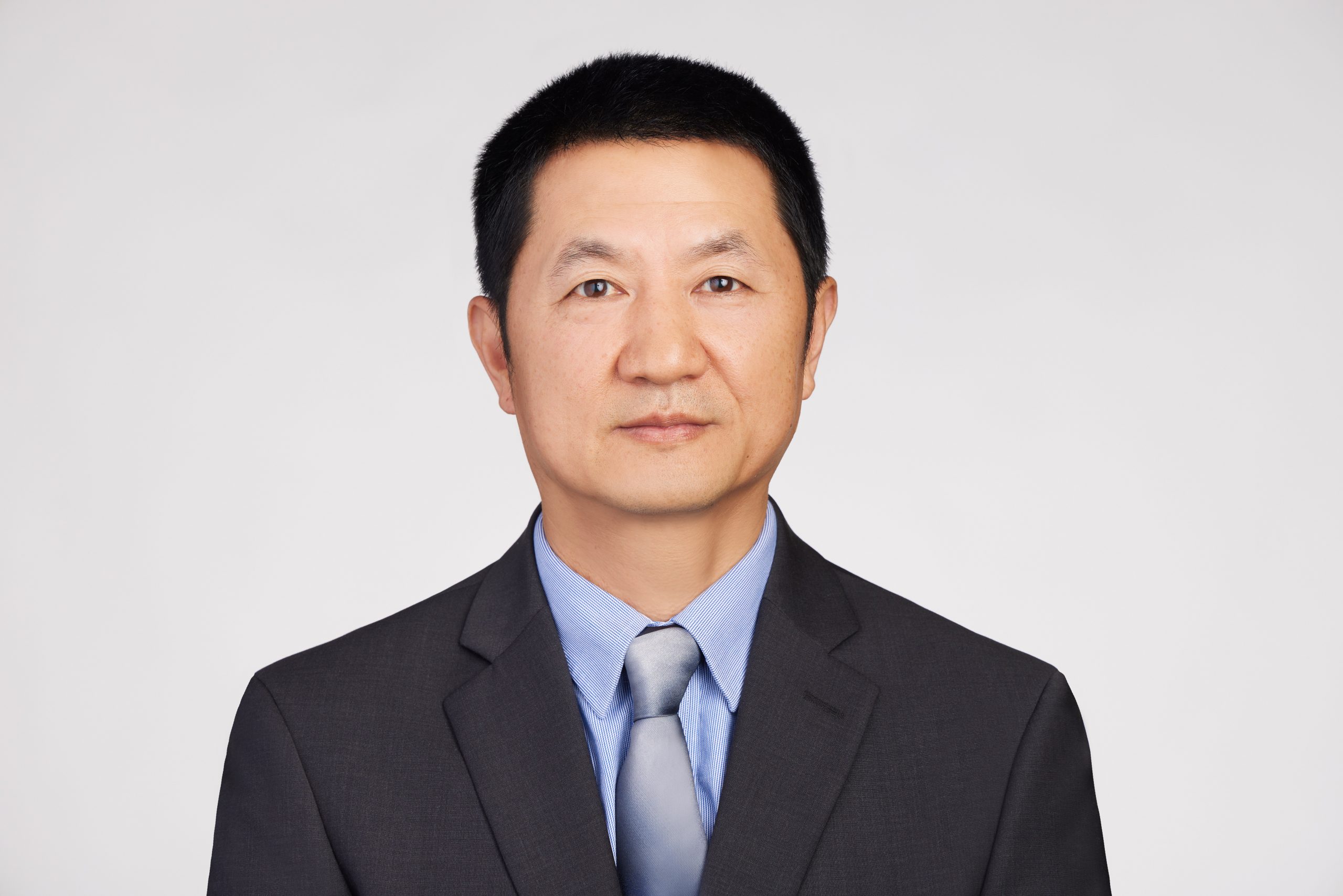
Hongzhen Hu, PhD, MS
Professor, The Kimberly and Eric J. Waldman Department of Dermatology | Professor, Nash Family Department of Neuroscience | Scientific Director, The Mark Lebwohl Center for Neuroinflammation and Sensation
Dr. Hongzhen Hu is Professor of Neuroscience and Dermatology and Scientific Director of The Mark Lebwohl Center for Neuroinflammation and Sensation. He joined the Departments of Dermatology and Neuroscience, as well as the Friedman Brain Institute at the Icahn School of Medicine at Mount Sinai (ISMMS), in 2023. His research laboratory studies the underlying mechanisms that encode distinct sensory modalities in both the skin and visceral organs under both physiological and pathological conditions. Additionally, his team aims to understand how various exteroceptive and interoceptive sensory signals are processed within the central nervous system.
Prior to joining the ISMMS, Dr. Hu held faculty positions at the Washington University School of Medicine in St. Louis and UTHealth Houston. During this time, his research focused on elucidating the functions of ion channels, specifically temperature-sensitive TRP channels and mechanosensitive Piezo channels, in the transmission of pain and itch signals. Dr. Hu completed his PhD at The Ohio State University under the guidance of Jackie D. Wood, where he concentrated on investigating the structure and function of the enteric nervous system. He pursued postdoctoral training under the mentorship of Nobel Laureate Ardem Patapoutian at the Genomics Institute of the Novartis Research Foundation and the Scripps Research Institute. During this period, his research centered on exploring the structure and function of sensory ion channels.
Dr. Hu’s contributions to the field of neuroscience are evident through his extensive publication record, which includes over 110 peer-reviewed papers. Furthermore, he has actively participated in the scientific community by serving on multiple NIH study sections and as a member of the editorial board for several scientific journals.
Lab Members
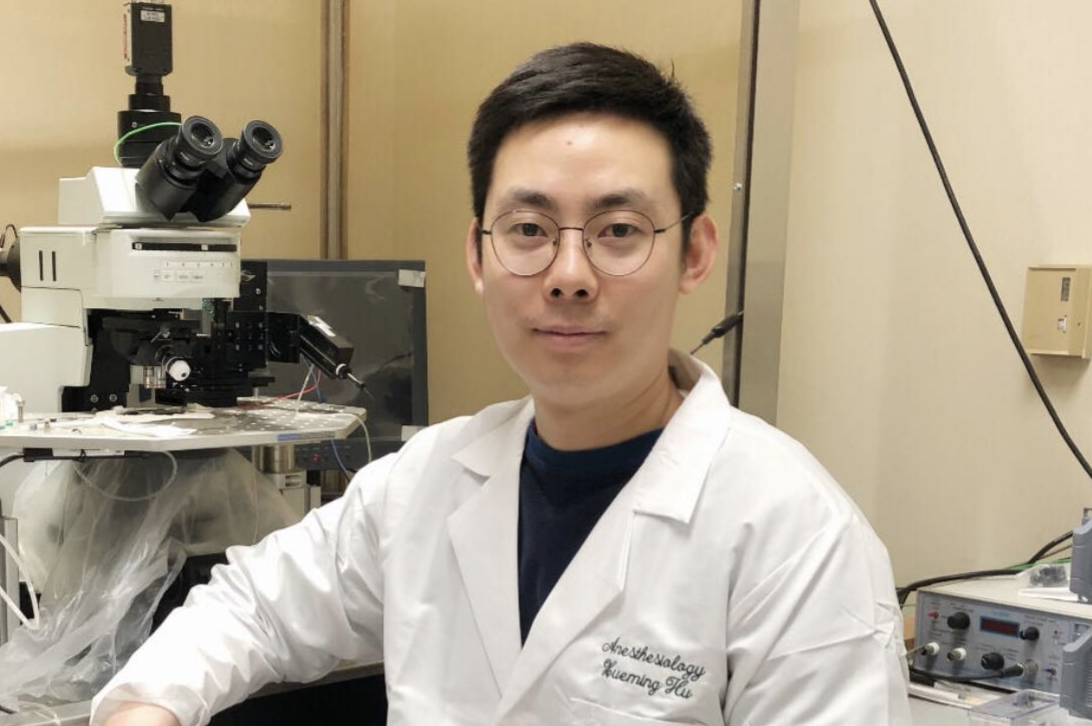
Xueming Hu, MD, PhD
Instructor
Xueming is a postdoctoral fellow in Hu Lab. He received his PhD from Fudan University in Shanghai, China, and obtained the postdoctoral training in Washington University School of Medicine in St. Louis. He is now focusing on the neural circuit mechanisms underlying visceral and somatic pain disorders, using ephys recording, 2-photon calcium imaging, fiber photometry, behavioral tests, and chemo-optogenetic tools. Outside of work, he enjoys traveling with his family.
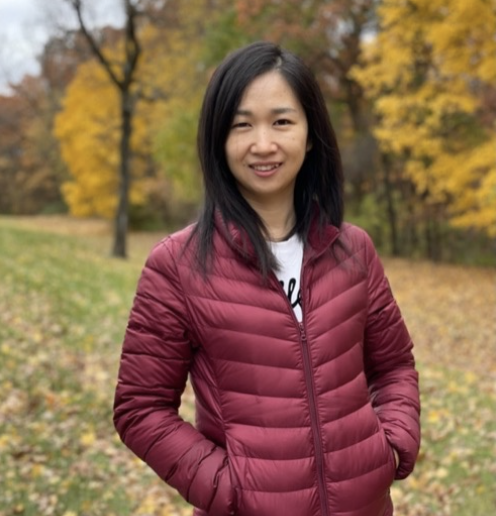
Fang Gao, PhD
Instructor
Dr. Fang Gao is an Instructor in our lab. Prior to joining Mount Sinai, she was a Senior Scientist and Postdoc Research Associate at Washington University in St. Louis. During her time there, she delved into the neural and molecular mechanisms underlying contagious itch in mice and investigated neural circuits related to itch and pain sensation in the mouse brain. Fang’s academic journey began at Yangtze University, where she earned her Bachelor’s degree in Bioengineering. She then pursued her doctoral studies at Tongji Medical School at Huazhong University of Science and Technology in China, obtaining a Ph.D. in Neurobiology. Her groundbreaking doctoral research unveiled that electroacupuncture could inhibit NLRP3 inflammasome activation through CB2 receptors, thereby mediating the analgesic effect in the inflammatory pain model. This vital discovery not only contributed to the scientific understanding of pain mechanisms but also laid a solid foundation for her future work in immunology and pain research. Currently, Fang’s interests are centered on the intricate interactions between neuron terminals and the immune system, particularly in the context of pain and itch conditions. With a wealth of expertise in these fields, she is eagerly applying her knowledge and innovative thinking to pioneering projects in our laboratory. Outside of work, Fang is a good badminton player. She also plays tennis and likes swimming, hiking, and reading.
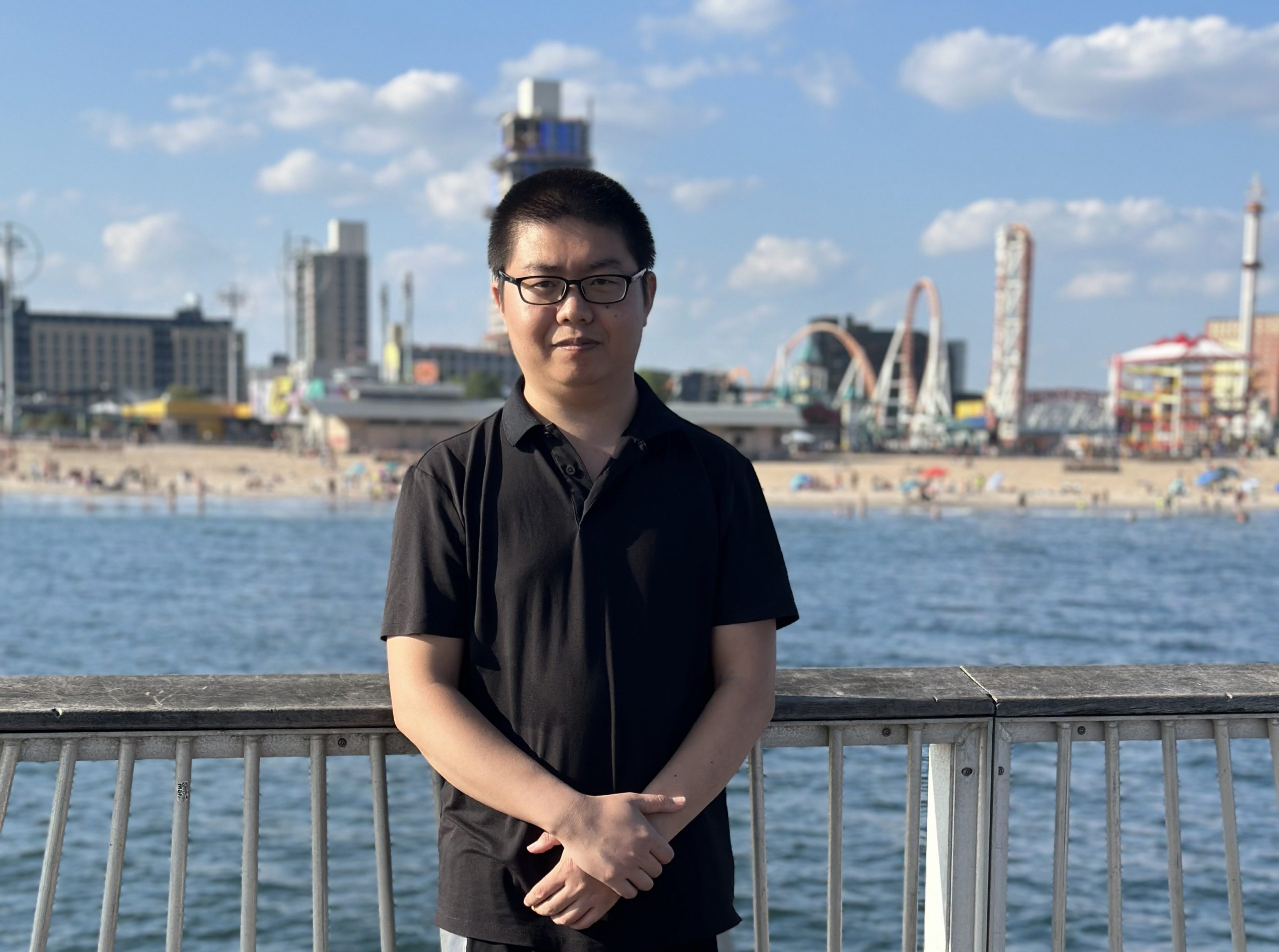
Zili Xie, PhD
Research Assistant Professor
Zili is an Assistant Professor in our lab. He received his PhD from Wuhan University in 2017, China. Prior to joining Mount Sinai, he was an Instructor at Washington University in Saint Louis. His research was mainly focused on the functions of ion channels, especially TRPA1, Piezo1, and Piezo2 in visceral pain and gastrointestinal motility using multiple unique technologies, including patch-clamp recording, Ca2+ imaging, ex vivo afferent recording from colorectum-pelvic nerve, and electromyography recording. Outside of work, he enjoys cooking, traveling, and fishing.
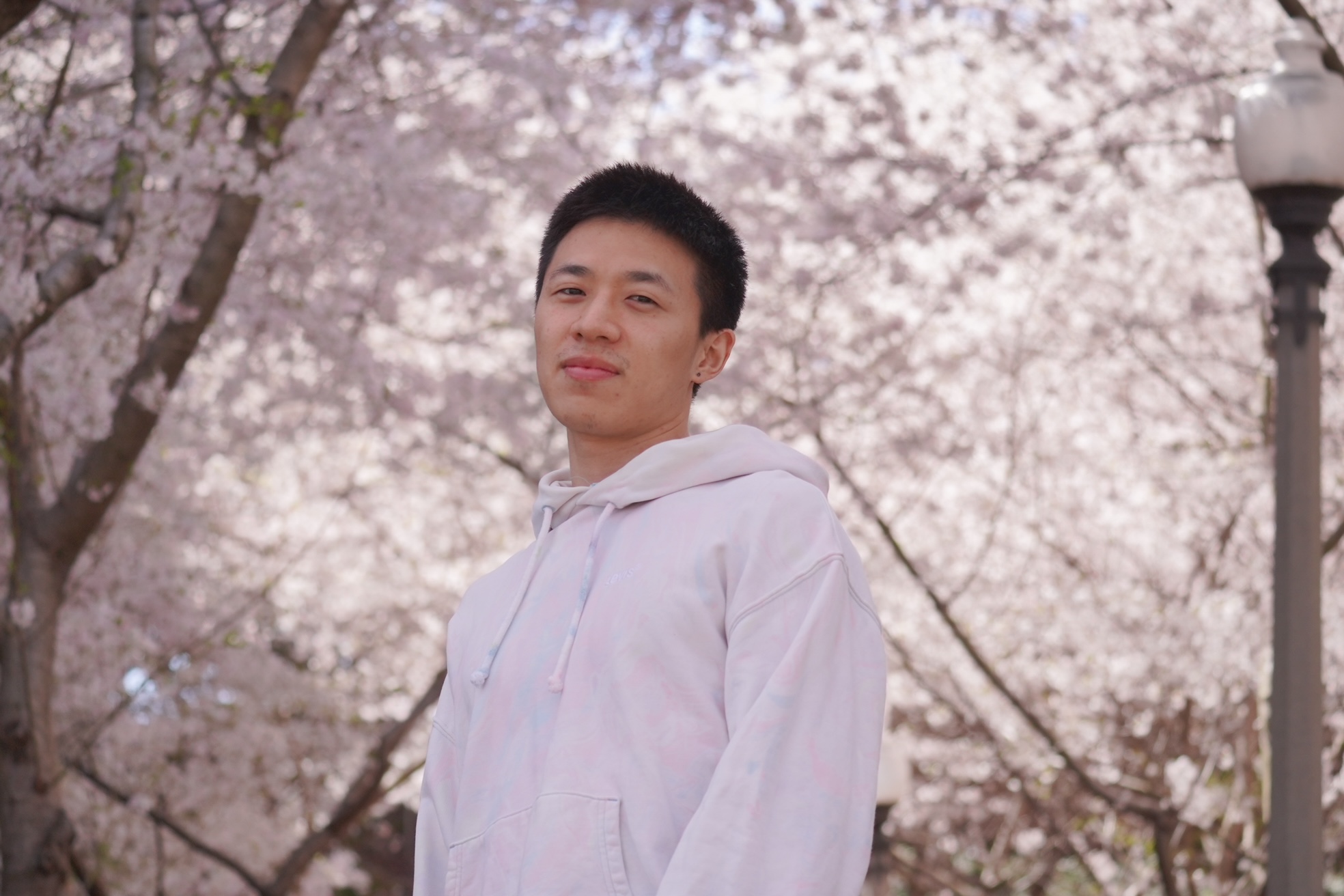
Xingliang Yang, PhD
Postdoc Associate
Xingliang Yang is a postdoctoral fellow working on neural circuit of emotional related appetite change. He obtained his PhD in physiology from Wuhan university, China. Dr. Yang went on to complete two years of postdoctoral training in Washington University in St. Louis School of Medicine. Dr. Yang is well versed in stereotactic injection and focuses on the specific neuron function in lateral hypothalamic in appetite change. Outside of lab, he is a food hunter and loves to try yummy dishes. He can play a little bit piano. Besides eating, reading and exercise are his favorite activities. Lastly, he also had a cat named “BIG Cat”.
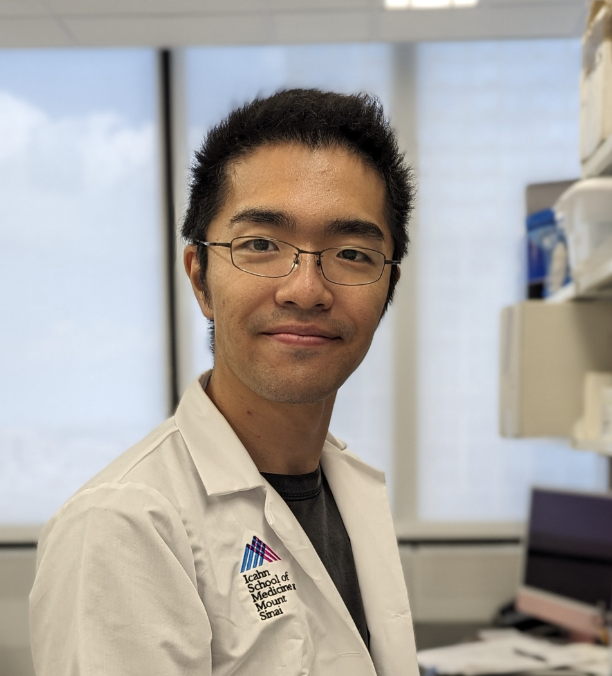
Nobuya Abe, MD, PhD
Postdoc Associate
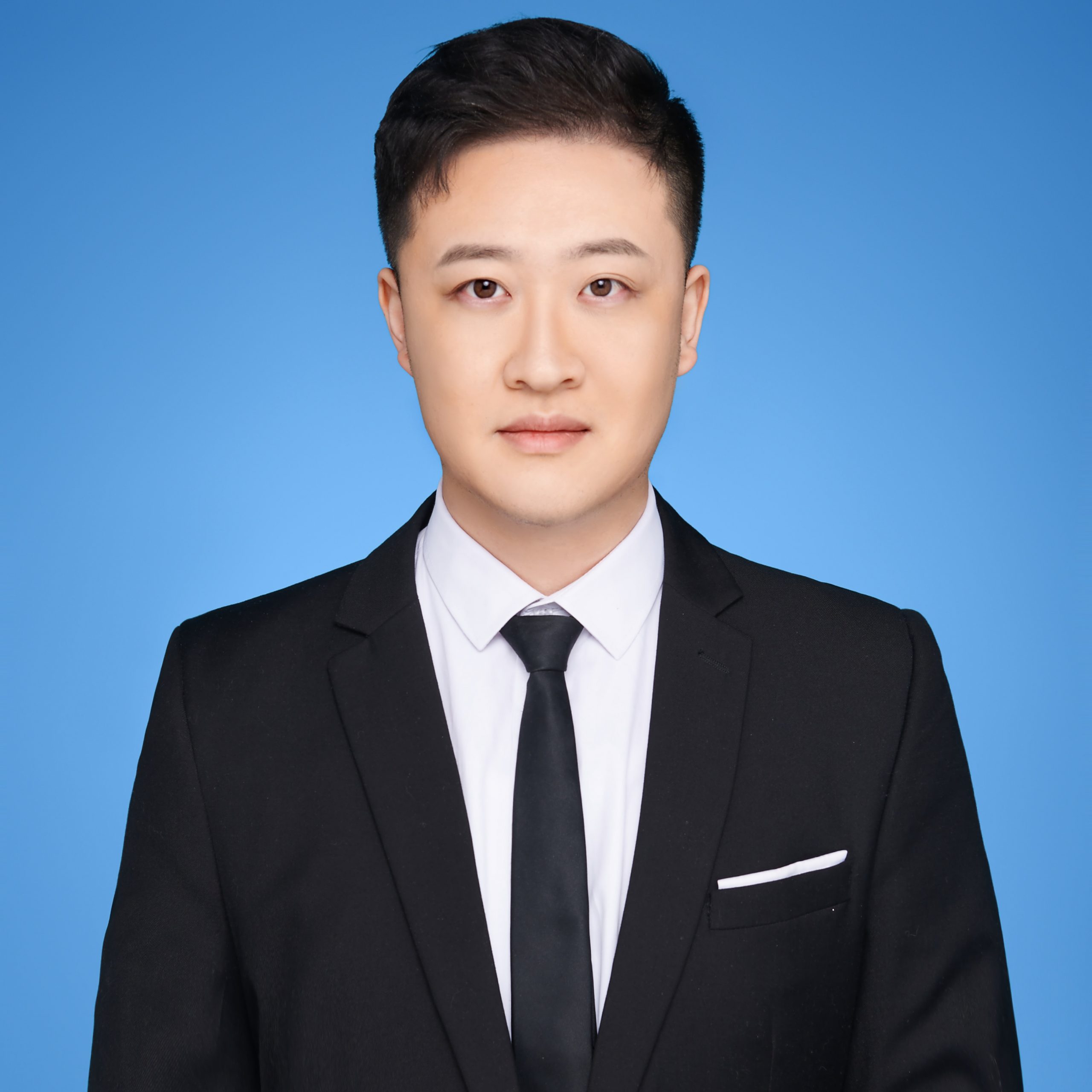
Xinqi Guo, PhD
Associate Researcher
Xinqi is an associate researcher in Hu Lab. He received his Medical Master degree and finished PhD course from Hebei Medical University in China. He focused on the cation-chloride cotransporters family and glutaminergic receptor of corticotropin-releasing hormone (CRH) neurons in the hypothalamus and the role their neural circuits play in neuropathic pain and abnormal cardiovascular regulation. He specializes in patch-clamp technology, photogenetic and chemical genetic technology, neurorecording technology, molecular biology technology, etc. And he has a deep foundation in physics and mathematics and can solve problems related to electrophysiological devices. Outside of work, he likes to cook, travel and visit museums.
